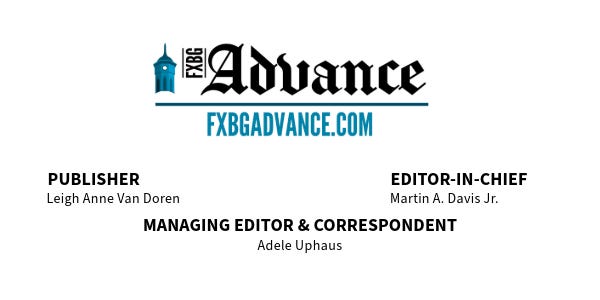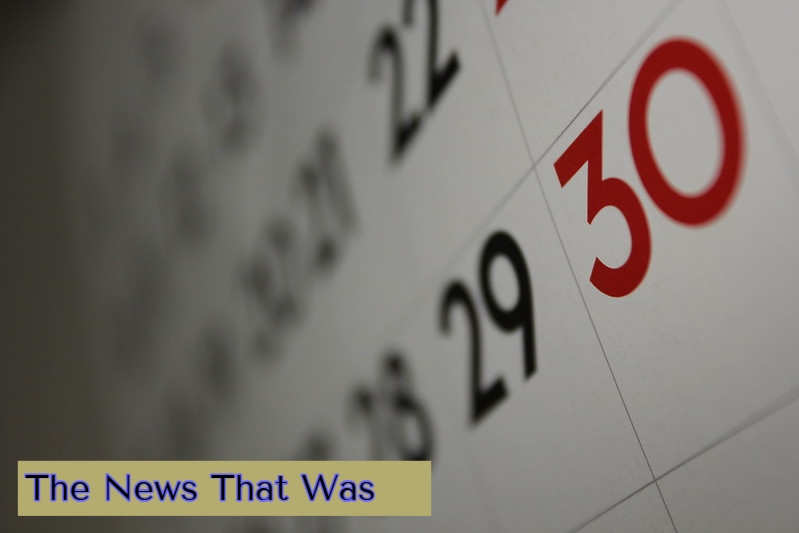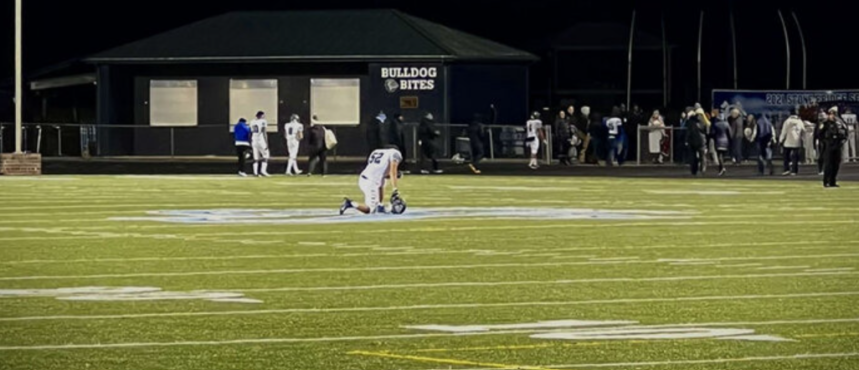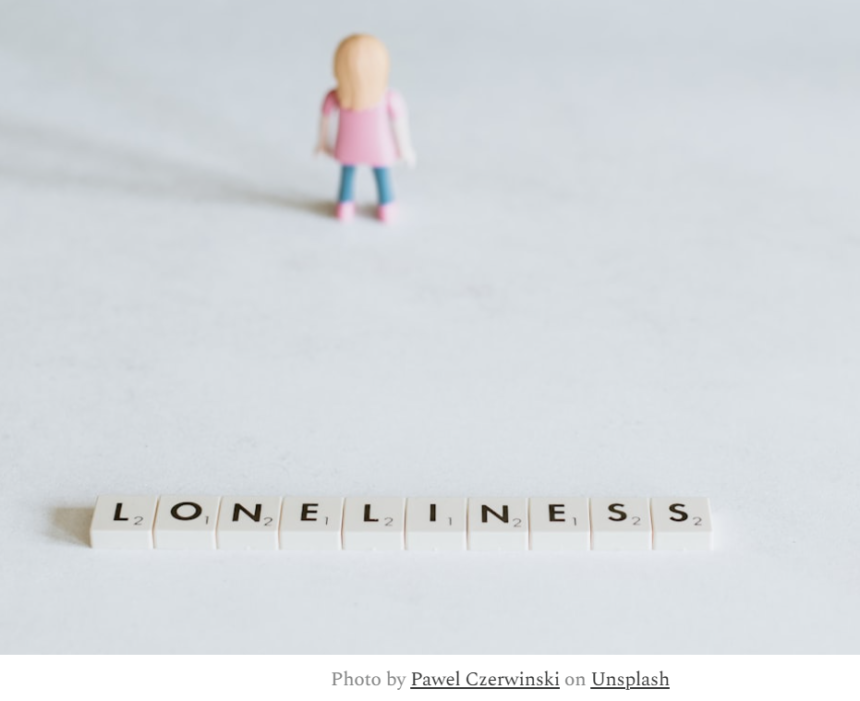
Suicide rates are soaring. There are no easy solutions, but Colorado is one of 13 states that has embarked on an experiment in helping people find the time they need to address life crises.
Editor’s Note: If you or someone you know may be experiencing a mental health crisis, contact the 988 Suicide & Crisis Lifeline by dialing or texting “988.”
September is suicide awareness month, and the data surrounding those who take their own lives can be hard to process. Between 2012 and 2022, all but four states in the U.S. have seen suicide rates rise. Virginia’s rate is up 9%; relatively low compared to other states, but a disturbing trend nonetheless.
Subgroups in Virginia, however, show more-worrying trends.
Hispanic groups have been particularly hard hit. According to an email from Amy Umble at the Rappahannock Area Community Service Board:
While deaths by suicide climbed 16 percent from 2011 to 2022 in the United States, they rose by 39% for Hispanic people, according to analysis by KFF, a nonprofit health policy research organization. That group’s analysis also found that Hispanic adults were less likely to know how to find mental health providers or to know about the 988 mental health hotline which connects individuals with suicide prevention resources.
Active-duty military and veterans are also struggling with suicide rates. A report from the Watson Institute for International & Public Affairs at Brown University found:
The study finds that at least four times as many active duty personnel and war veterans of post-9/11 conflicts have died of suicide than in combat, as an estimated 30,177 have died by suicide as compared with the 7,057 killed in post-9/11 war operations. The report notes that the increasing rates of suicide for both veterans and active duty personnel are outpacing those of the general population – an alarming shift, as suicide rates among service members have historically been lower than suicide rates among the general population.
In 2022, Virginia began operating 988, a nationwide number for people in a mental health crisis, and calls to that number have risen 157% in Virginia, according to a report done by the Kaiser Family Foundation. Only Maine, Arkansas, South Dakota, and Oklahoma have seen faster growth.
Understanding these increases is not easy, and significant differences in theories exist.
A factor that cannot be ruled out, however, is society itself and how well we do or don’t relate to it. By many measures, Americans report feeling more alone, more isolated, than at any time in recent memory. The pandemic certainly played a significant role in this, but American’s were feeling isolated long before the pandemic occurred.
Researcher Laurie Santos told PBS NewsHour last year that “If you look at rates of loneliness, there’s lots of evidence that they’ve been increasing linearly since the 1970s. … And that’s long before the pandemic. That’s actually long before some of the other culprits … like cell phones and so on.”
The biggest pressure? According to Santos, it’s time. “People are busy,” Santos told PBS. “People are spending more time at work. I think that we just don’t have enough free time to connect with the people that we care about.”
That loss of time has impacts far beyond connecting with people. We also don’t have the time to take care of ourselves and one another when we most need it.
Virginia Has an Opportunity to Help People Find the Time and Help They Need
Last year, the state of Colorado launched a new program to give its citizens the time they need to connect and heal. Called the Paid Family and Medical Leave Insurance program (PFL), it allows covered Coloradans up to 12 weeks to:
- Bond with a new child, including adopted and fostered children.
- Care for themselves, if they have a serious health condition.
- Care for a family member’s serious health condition.
- Make arrangements for a family member’s military deployment.
- Address the immediate safety needs and impact of domestic violence and/or sexual assault.
The program is paid for by PFL premiums, which all employees must contribute to, and employers with 10 or more employees must also contribute to. The burden is hardly onerous. The Colorado PFL rate is just 0.90% of employee wages, up to the Social Security wage base, according to the Colorado PFL website. Of this 0.90% rate, employees pay 0.45%, and qualifying employers (those with 10 or more employees) pay 0.45%.
What makes the program distinctive is that it provides time not only for those who have serious health conditions, but for those who need time with family at critical moments — the birth or adoption of a new child; caring for a family member; helping family members preparing for deployment; and more.
It’s an idea whose time has come. Colorado is one of 13 states that and the District of Columbia that “have established comprehensive, mandatory state paid family leave systems. All but one use a social insurance policy design that funds these benefits through pooled payroll taxes on employees and/or employers,” according to the Bipartisan Policy Center.
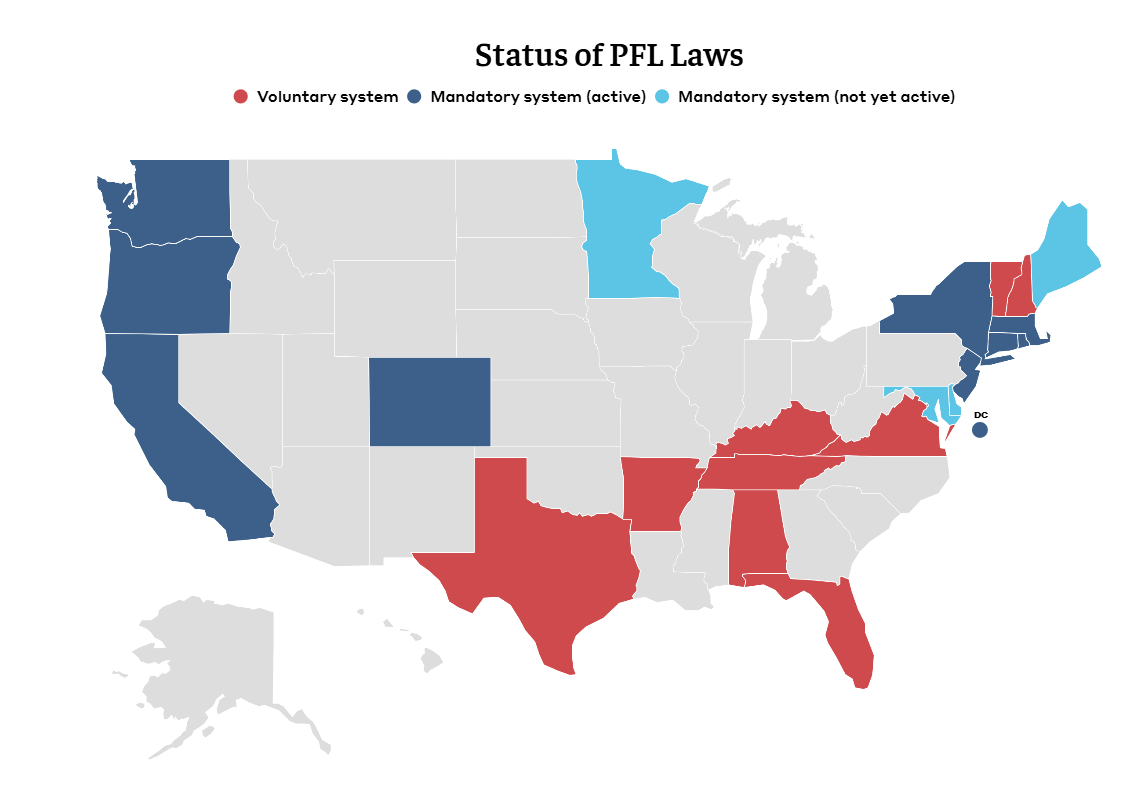
Gov. Glenn Youngkin has long complained about the state’s budget surplus, which this year stands at $1.2 billion. His solution is tax breaks. The budget that was signed in May held the party lines. From the Virginia Mercury:
After months of partisan combat over different priorities, Virginia lawmakers approved a bipartisan budget deal Monday with no major tax changes, funding boosts for education and mental health and salary increases for teachers and state employees.
As Virginia prepares to — presumably — argue over surpluses next spring, why not think outside the box like Colorado and a dozen other states? What if — instead of throwing money at programs that Democrats (and sometimes Republicans) favor, and pushing for tax breaks that Republicans favor (and almost always seem to advantage the people who least need the help) — Virginia could use some of those funds to launch a program like FAMLI in Colorado? How far could that go in helping people reconnect with those they most need at the most-important times of their lives?
The harsh reality is that Americans work some of the longest hours of any people in the world. And we are spending increasingly less time with family and community.
As Alyssa Goldman of Boston College has found, “We’re spending less time with friends,… less time with family, we’re not volunteering as much as people were decades ago. But there are also these broader demographic trends that contribute to social isolation. So for example, people are living farther from their families than they did in the past. People are having fewer children. Marriage rates are down.”
A program like PFL certainly wouldn’t solve all our problems. However, our growing sense of isolation and loneliness, coupled with the enormous burden that comes with not having the time necessary to find the help we need at our most-vulnerable moments, demands action. There is no greater gift in these moments than the gift of time to get or give the care that people need.
Providing people time to deal with mental health crises without fear of losing paychecks or jobs; to help family members in need of medical assistance in times of crises; to help people preparing for deployment; to help people caught in domestic violence — this is what a model for people over politics looks like.
Youngkin promised to make Virginia the best place to “live, work, and raise a family.” Colorado’s PFL program is a model that Youngkin could bring to Virginia, and in so doing go a long way toward delivering on his promise as he enters the last year of his governorship.




Local Obituaries
To view local obituaries or to send a note to family and loved ones, please visit our website at the link that follows.

Support Award-winning, Locally Focused Journalism

The FXBG Advance cuts through the talking points to deliver both incisive and informative news about the issues, people, and organizations that daily affect your life. And we do it in a multi-partisan format that has no equal in this region. Over the past month, our reporting was:
$8 a month supports great journalism
- First to report on a Spotsylvania School teacher arrested for bringing drugs onto campus.
- First to report on new facility fees leveled by MWHC on patient bills.
- First to detail controversial traffic numbers submitted by Stafford staff on the Buc-ee’s project
- Provided extensive coverage of the cellphone bans that are sweeping local school districts.
- And so much more, like Clay Jones, Drew Gallagher, Hank Silverberg, and more.
For just $8 a month, you can help support top-flight journalism that puts people over policies.
Your contributions 100% support our journalists.
Help us as we continue to grow!
Support FXBG Advance for $8 a month

